How does mineral sunscreen work?
Protection from UV rays – Why it is important
Mineral UV filters: zinc oxide and titanium dioxide
Nano or non-nano?
Benefits of mineral sunscreen
Possible disadvantages
Conclusion: How mineral sunscreen works
How does mineral sunscreen work?
When it comes to natural sun protection , mineral UV protection is one of the most popular alternatives to conventional sunscreens. But how exactly does it work—and how does it differ from conventional products?
Protection from UV rays – Why it is important
UV rays, especially UVA and UVB, are the main causes of sunburn, skin aging, and an increased risk of skin cancer. Therefore, reliable sun protection is advisable year-round—not just in midsummer.
Mineral UV filters: zinc oxide and titanium dioxide
Unlike chemical UV filters, which penetrate the skin and absorb UV rays, mineral sunscreens work purely physically. The mineral particles used—usually zinc oxide or titanium dioxide—remain on the skin's surface.
They reflect and scatter incoming UV radiation, similar to small mirrors. Protection begins immediately after application and protects against both UVA and UVB rays.
Nano or non-nano?
An important aspect of mineral sunscreen is particle size. "Nano" refers to particularly small particles that are less visible on the skin and are easier to spread. However, there is debate about whether nanoparticles could pose health risks if they penetrate deeper layers of the skin.
Certified natural cosmetics generally use "non-nano" zinc oxide or titanium dioxide – larger particles that are considered safe according to current research.
Benefits of mineral sunscreen
- Immediate protection directly after application
- Good tolerance, even with sensitive skin or allergies
- Environmentally friendly and generally harmless to aquatic organisms and coral reefs
- Free from hormonally active or synthetic UV filters
Possible disadvantages
- Visible whitening effect, especially on light skin types (tinted or enhanced formulations are now available)
- Thicker consistency that should be massaged in carefully
- Less waterproof – if you sweat heavily or after swimming, you should reapply cream regularly
Conclusion: How mineral sunscreen works
Mineral sunscreen offers an effective, skin-friendly, and environmentally friendly alternative to conventional sunscreens. Choosing natural cosmetics is a conscious choice for health and sustainability—without sacrificing reliable UV protection.
Author: Maja Scheve, product manager


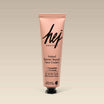
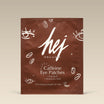
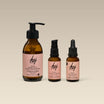
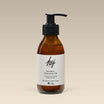

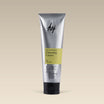
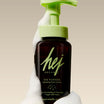
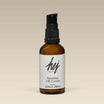
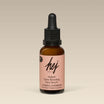
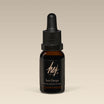
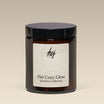
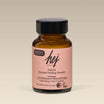
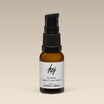
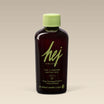
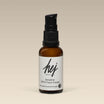
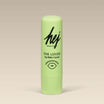

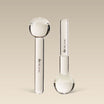
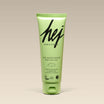
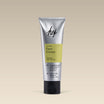
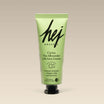
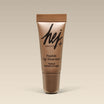
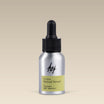
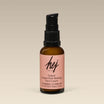

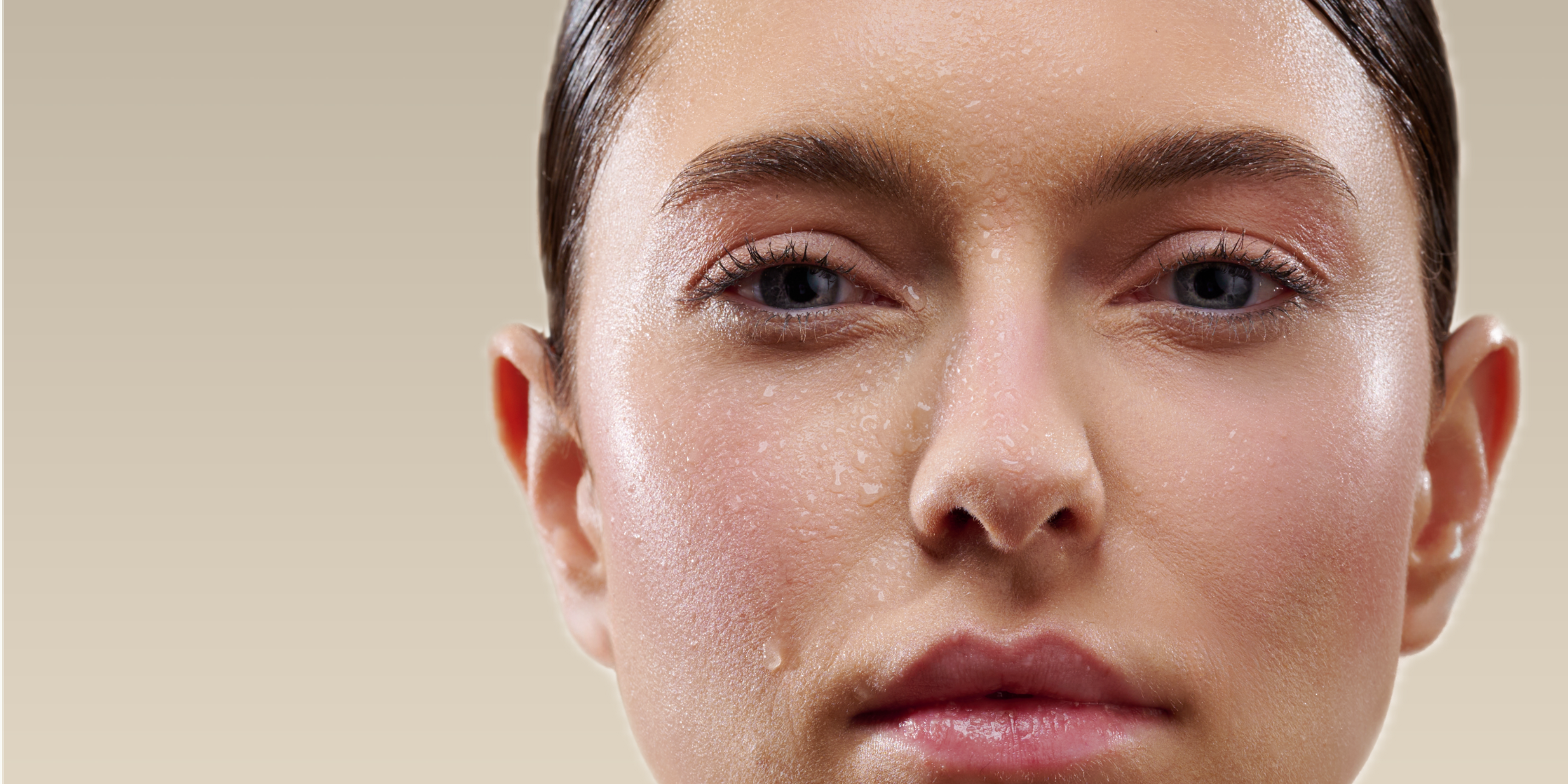
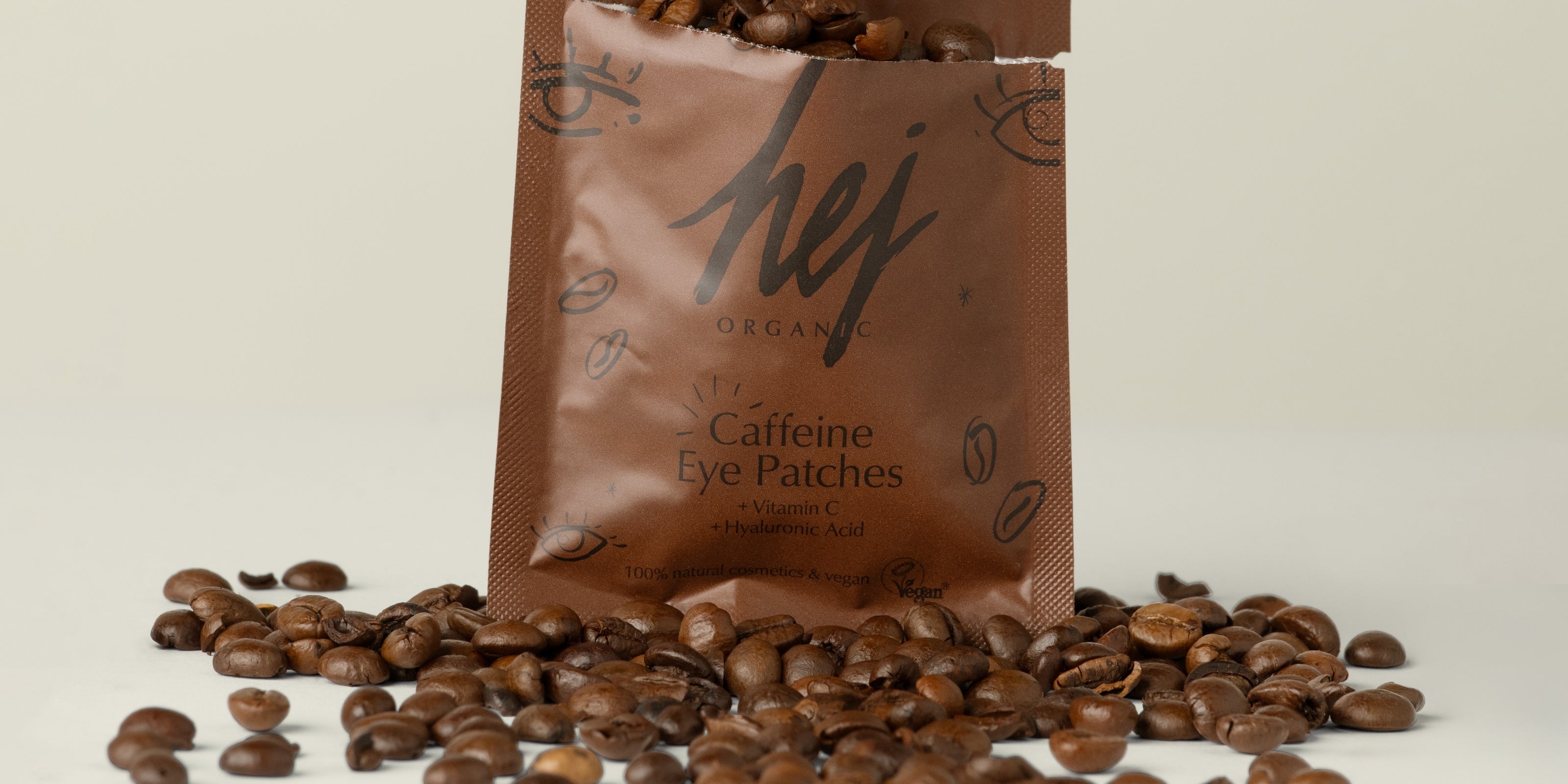
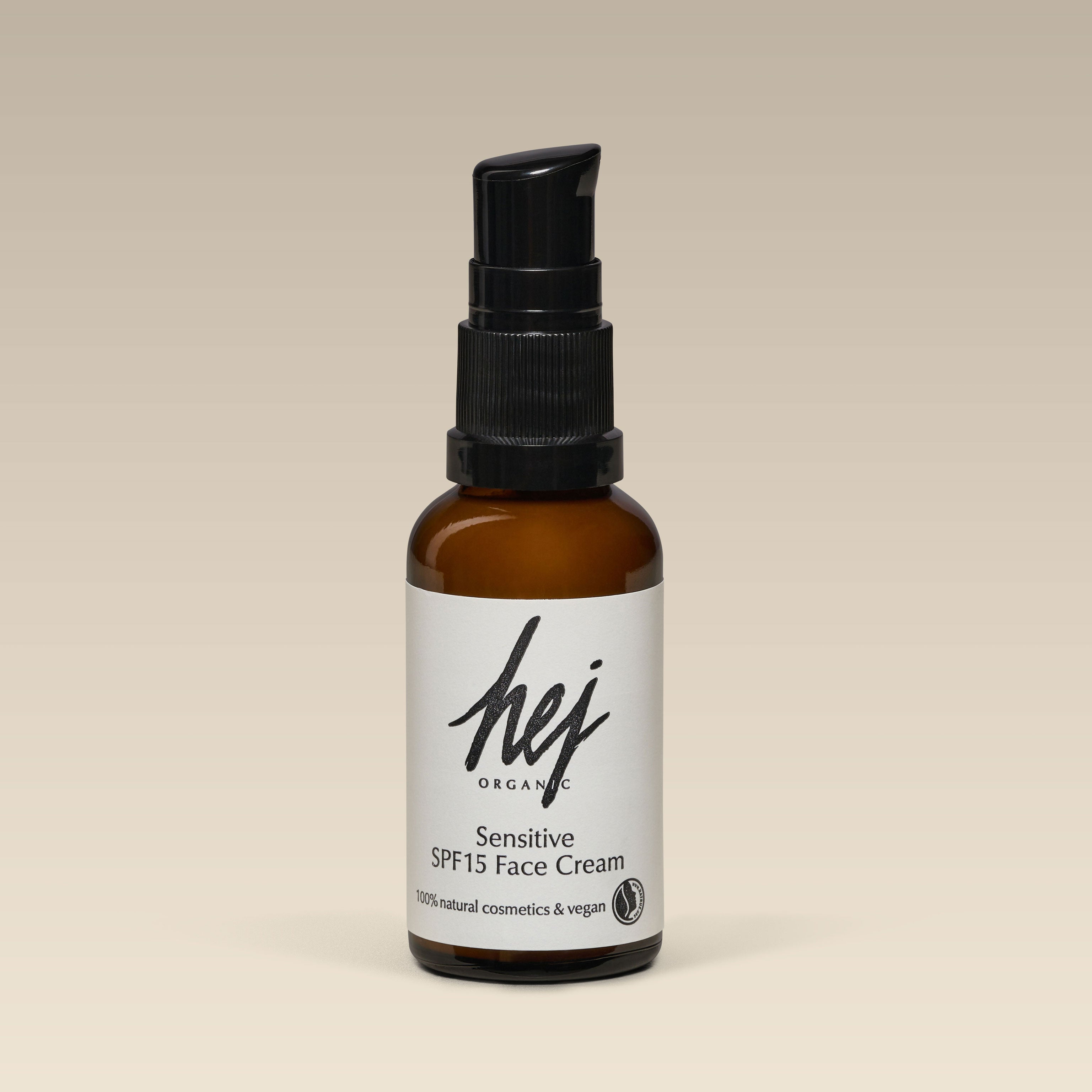
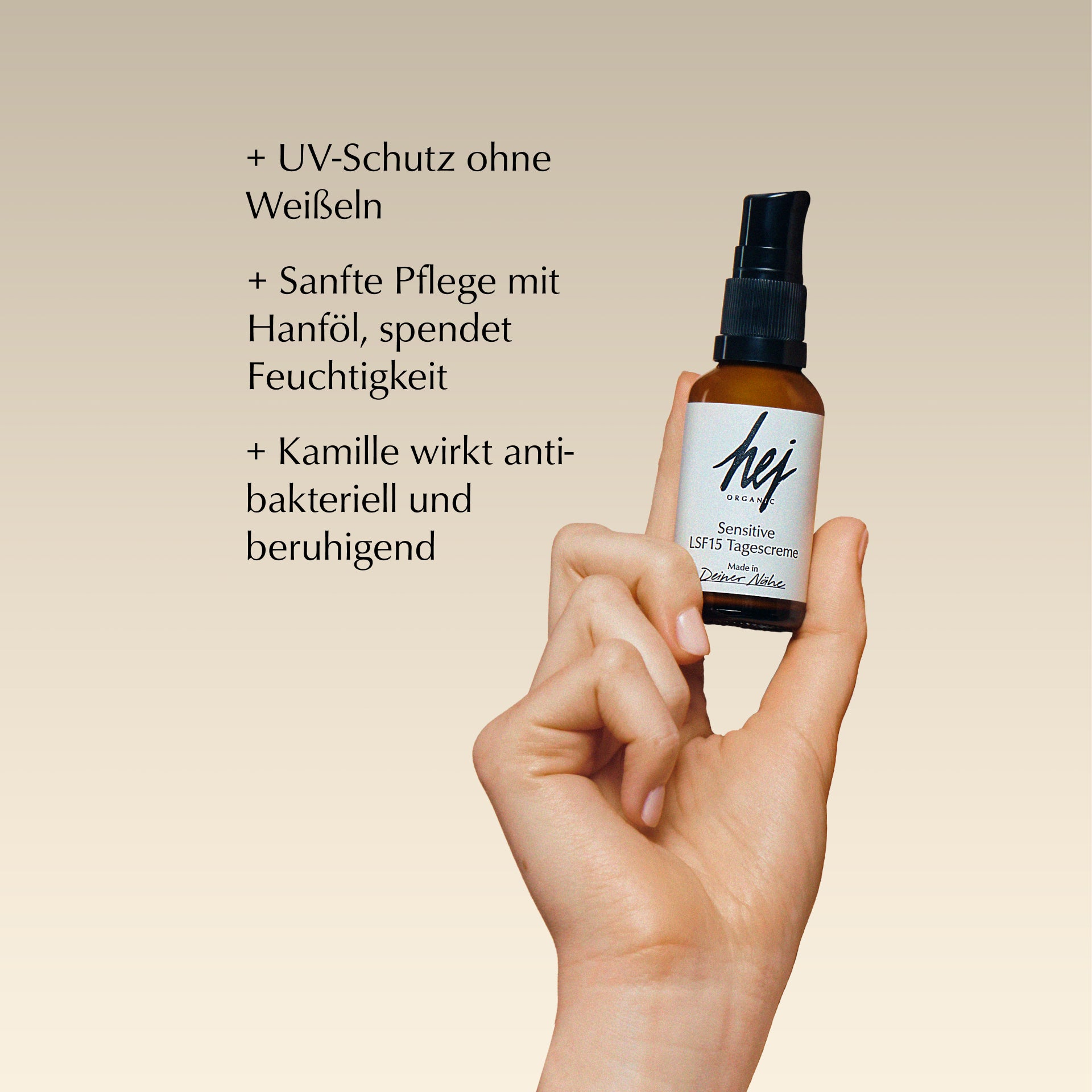
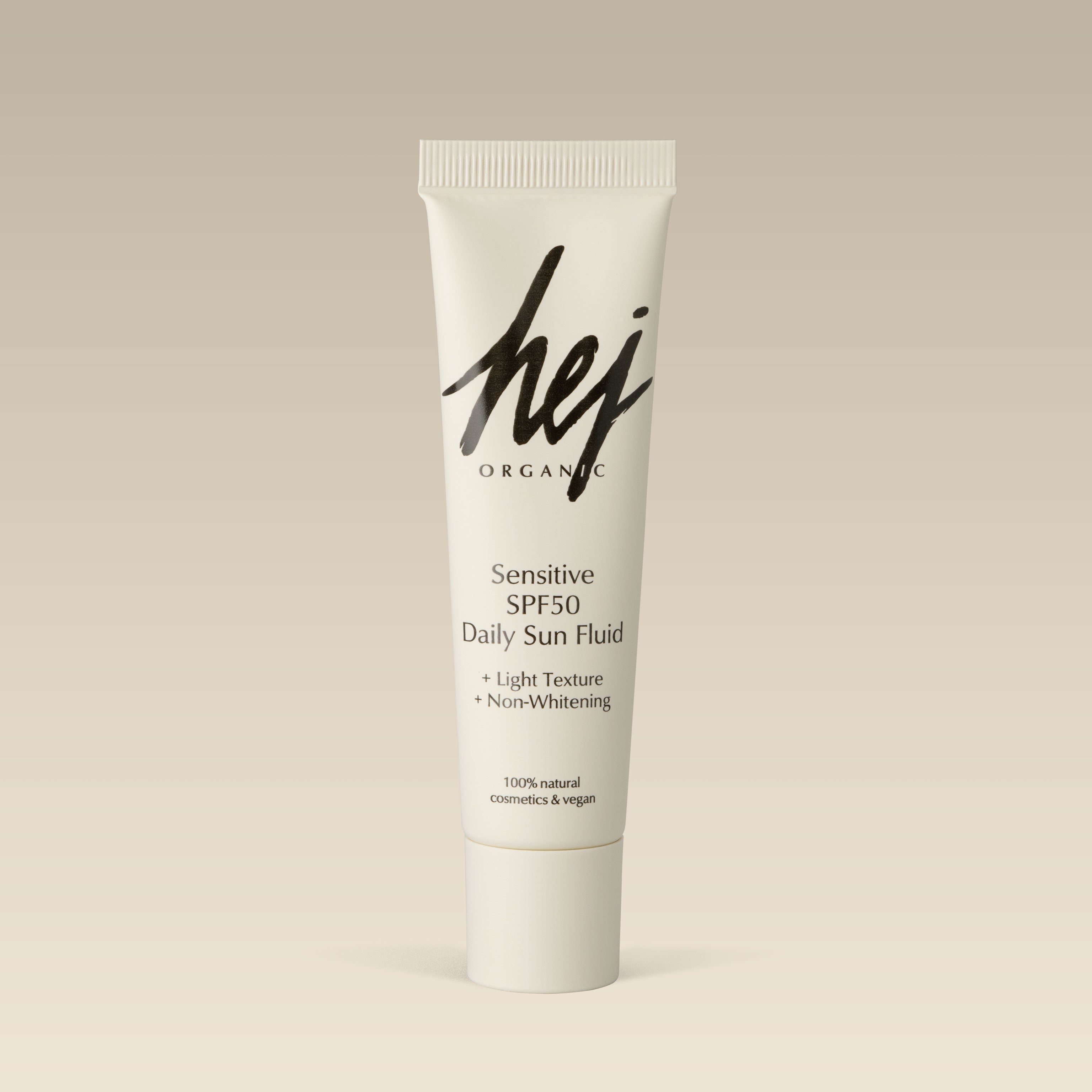
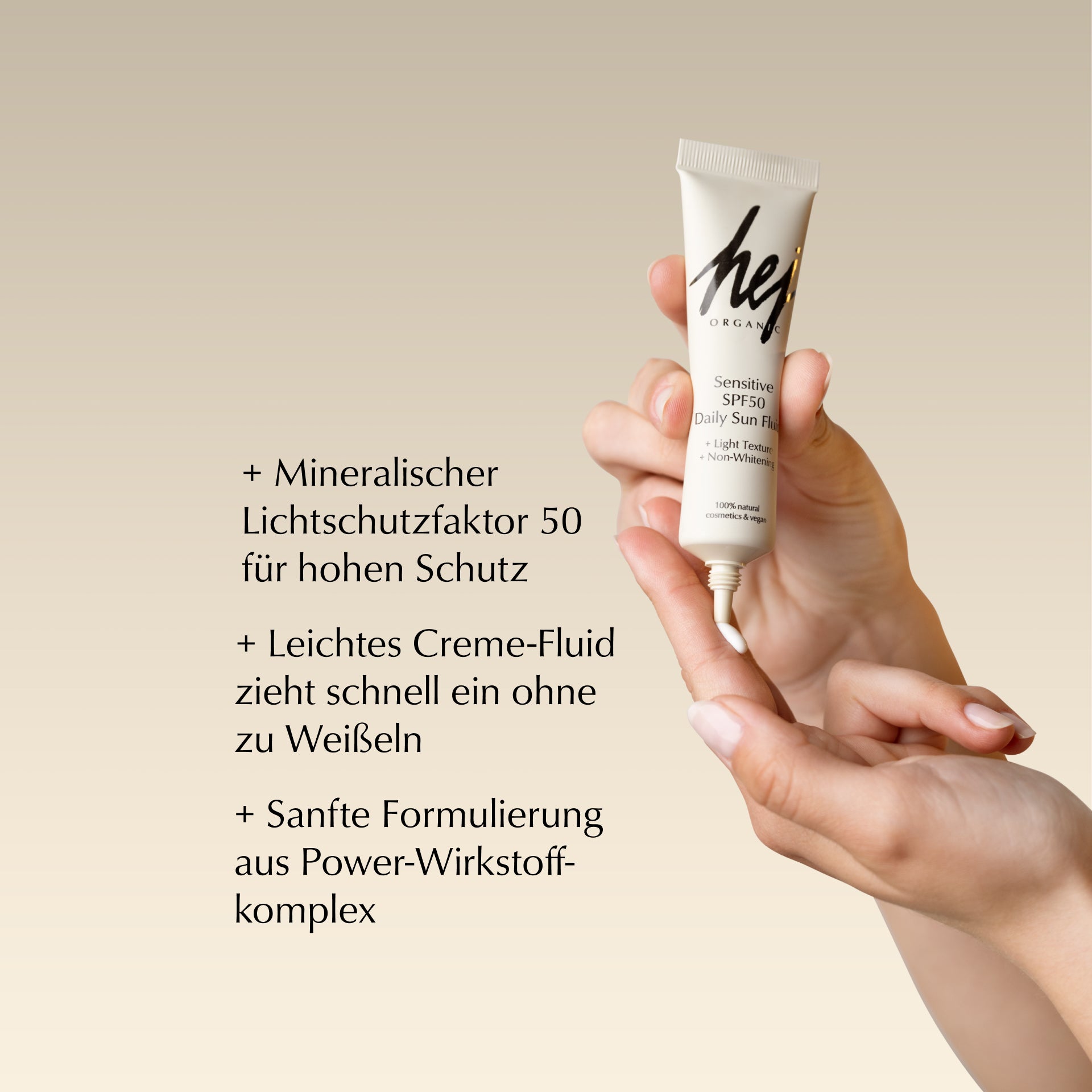
Leave a comment
This site is protected by hCaptcha and the hCaptcha Privacy Policy and Terms of Service apply.